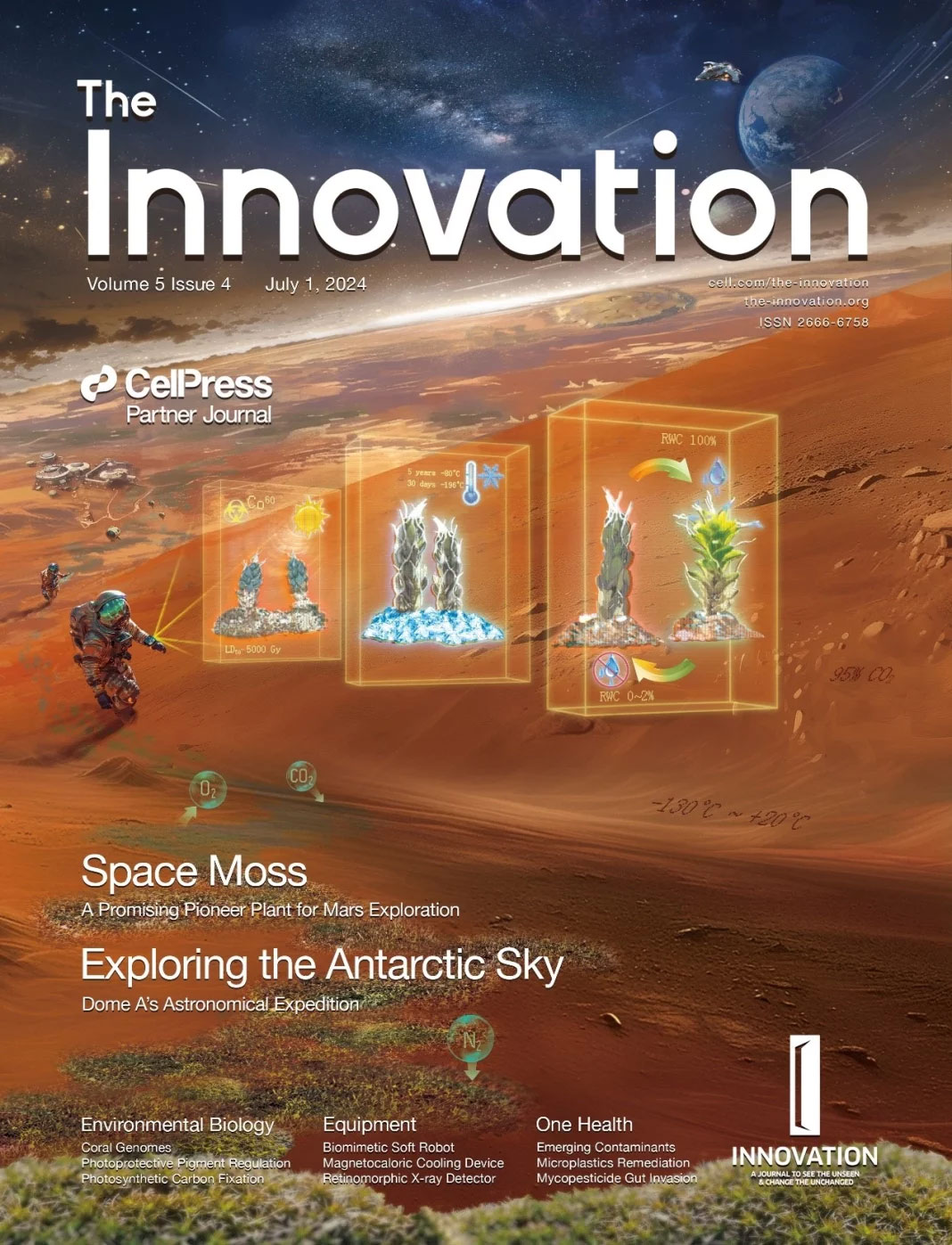China discovers 'super-survival' moss that can withstand weather conditions 'like on Mars'
Chinese scientists have accidentally discovered a potential plant species that could serve as a pioneer for experiments on life on Mars. It is a species of moss that possesses extraordinary survival abilities called Syntrichia caninervis. This desert moss species is said to be able to live normally unaffected by harsh conditions including drought, high radiation levels and extreme cold. Syntrichia caninervis now thrives in some of the most extreme environments on Earth such as Tibet and Antarctica.
Researchers conducted a series of rigorous tests to assess the moss's tolerance limits. The results were astonishing, Syntrichia caninervis was able to withstand dehydration exceeding 98% of its cell water content, rapid freezing at incredibly low temperatures (-196°C) and radiation blasts extremely strong gamma (over 5000 Gy).

But the abilities of this moss don't stop there. In simulated Martian conditions – including low atmospheric pressure, freezing temperatures, a dense CO2 atmosphere and strong ultraviolet radiation – the moss Syntrichia caninervis not only survived, but even can regenerate. This discovery pushes the limits of what life can exist on our planet and opens up exciting possibilities for future space exploration.
The team of scientists said this is the first research project to learn about the ability of all plants to survive in the Martian environment, and focuses on the potential to grow plants on the planet's surface instead. because in the greenhouse.
However, challenges with Syntrichia caninervis remain. Martian soil contains chlorate, a chemical that is toxic and corrosive and was not tested in this study. Additionally, Mars's constant environment, unlike Earth's changing cycles, could cause long-term inhibition of moss survival.